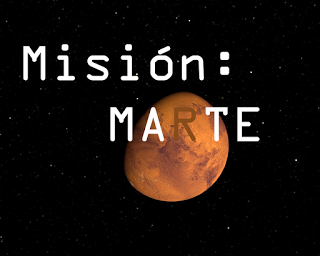--Originally published at ISC de día, intento de cinéfilo de noche.
It is common to think on the U.S.A.'s Central Intelligence Agency when we hear the "CIA" name. It even makes more sense when we are talking security, but SURPRISE! There is another CIA!
I still don't know what format will I use for this series, so for this special ocassion I will talk about something that we all students from the Tec de Monterrey have suffered of: "Las Inscripciones" (a.k.a. that period of time where all the students have to make their schedules at the same time)
So, you may be wondering, "What does CIA mean to you?". When we are talking about computer and information security, one of the most important concepts is the CIA Triad, three components to measure how protected your information is. "C" stands for Condifentiality, "I" for Integrity, and "A" for Availability.
So let's talk class registrations. Why are they always a mess? Imagine that the Tec de Monterrey HAS to fulfill the Triad before you create your schedule. The first thing you have to do, is to enter to your account. By doing these, the ITESM can manage that ONLY YOU can see your information. You can manage your payment, insurances and courses to take there, this is an example of what confidentiality is.
By the way, here's a Top 10 list of words that shouldn't be your password:
- 123456
- password
- 12345
- 12345678
- football
- qwerty
- 1234567890
- 1234567
- princess
- 1234
So, please, if you have one of these on your bank account, make youself a favour and change it!




